Language training for businesses
SMG UK offers language training for businesses.
Lessons can be for small groups (we recommend a maximum of 6-8 participants) or individual sessions, particularly suitable for specialist language or conversation courses.
We offer foreign language courses for business in over 80 languages, including: Albanian, Arabic, Basque, Bulgarian, Catalan, Chinese, Croatian, Czech, Danish, Dutch, English, Estonian, Farsi, Filipino, Finnish, Flemish, French, German, Greek, Hebrew, Hindi, Hungarian, Italian, Japanese, Korean, Latvian, Lithuanian, Macedonian, Moldovan, Norwegian, Polish, Portuguese, Punjabi, Romanian, Russian, Serbian, Slovak, Slovenian, Spanish, Swedish, Thai, Turkish, Ukrainian, Urdu and Vietnamese.
Specialist Courses
Foreign language programmes specially designed for companies and professionals interested in learning the terminology and structure of languages in specific subject areas.
The specialist courses can be customised according to the expertise to be acquired, in any of the following subject areas.
- Legal: legal acts, deeds and various types of contracts with reference to the particular national legal system.
- Commercial: company presentations, visitor reception, business correspondence in general (offers, orders, complaints, etc.), management of business negotiations, drafting contracts and travel abroad.
- Management: business management, from human resources to finance.
- Technical: the technical aspects of products or processes.
- Scientific: specific terminology and phraseology, drafting of reports and scientific articles.
Method: courses customised according to the client’s needs and developed with the teacher. We collect sector-specific terminology and standard sentences in a booklet, which can be used as a support to classroom reading, analysis and translation of specific texts from the web and specialist magazines. These texts shall not be included in the official booklet but handed out as reference material. The teacher may ask the students to translate texts at home to be revised and discussed together in the following lesson. If agreed with the client, we may also prepare paper or audio glossaries to be distributed to participants.
Objective: learn to use properly the terminology and language style of a specific sector (suitable for postgraduate level students). It may include the creation of glossaries with an audio recording of the terminology pronunciation for listening and learning at home.
Non-specialist Courses
Basic
- Basic grammar and style.
- 2000-word vocabulary (equivalent to Year 11).
- Comparable with the following international language certificates (although we do not issue certificates or qualifications): Preliminary City and Guilds Pitman, Access City and Guilds Pitman, Achievers City and Guilds Pitman, KET and PET.
Intermediate
- Basic skills + more complex grammar and stylistic elements.
- 3000-word vocabulary (equivalent to Year 13).
- Comparable with the following international language certificates (although we do not issue certificates or qualifications): Communicator City and Guilds Pitman and FCE
Advanced
- Intermediate skills + focus on speaking. 5000-word vocabulary (university level).
- Comparable with the following international language certificates (although we do not issue certificates or qualifications): Master City and Guilds Pitman and CPE.
Method: our teachers have an Anglo-Saxon approach to teaching. They use comics, magazines and role-play. During classes, the students also receive grammar handouts and translate simple texts, which will be revised by the teacher and used as an opportunity for discussion. The teachers will agree on the material to be used according to the training needs of the participants.
General information on service execution
- The Training Manager carries out the following activities:
- coordinates staff and technical resources and supervises the preparation and execution of the service, including coaching, where necessary;
- acts as the client’s technical and educational contact person;
- checks the services and products created before they are delivered to the client;
- applies the Quality Management System with respect to the service e.g. complaints and non-conformities, etc.
- We agree with the teacher and with the client the schedule of lessons and the teaching material ideally at least 2 months before the start of the course.
- We track the progress of the students by means of tests (percentage score from 1-100%) delivered at predetermined intervals during the course and a final test, with marks supplemented by individual teacher’s reports.
- Certificates: SMG UK may issue participation certificates that are not legally recognized.

